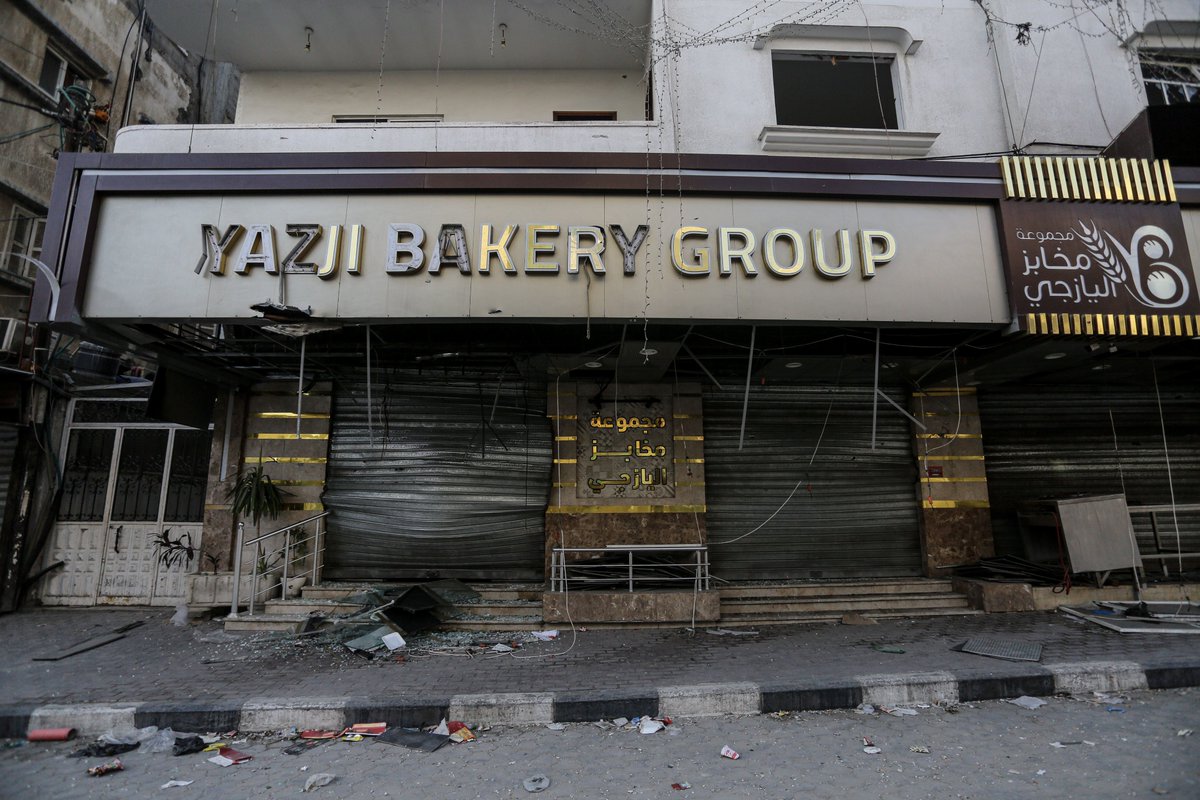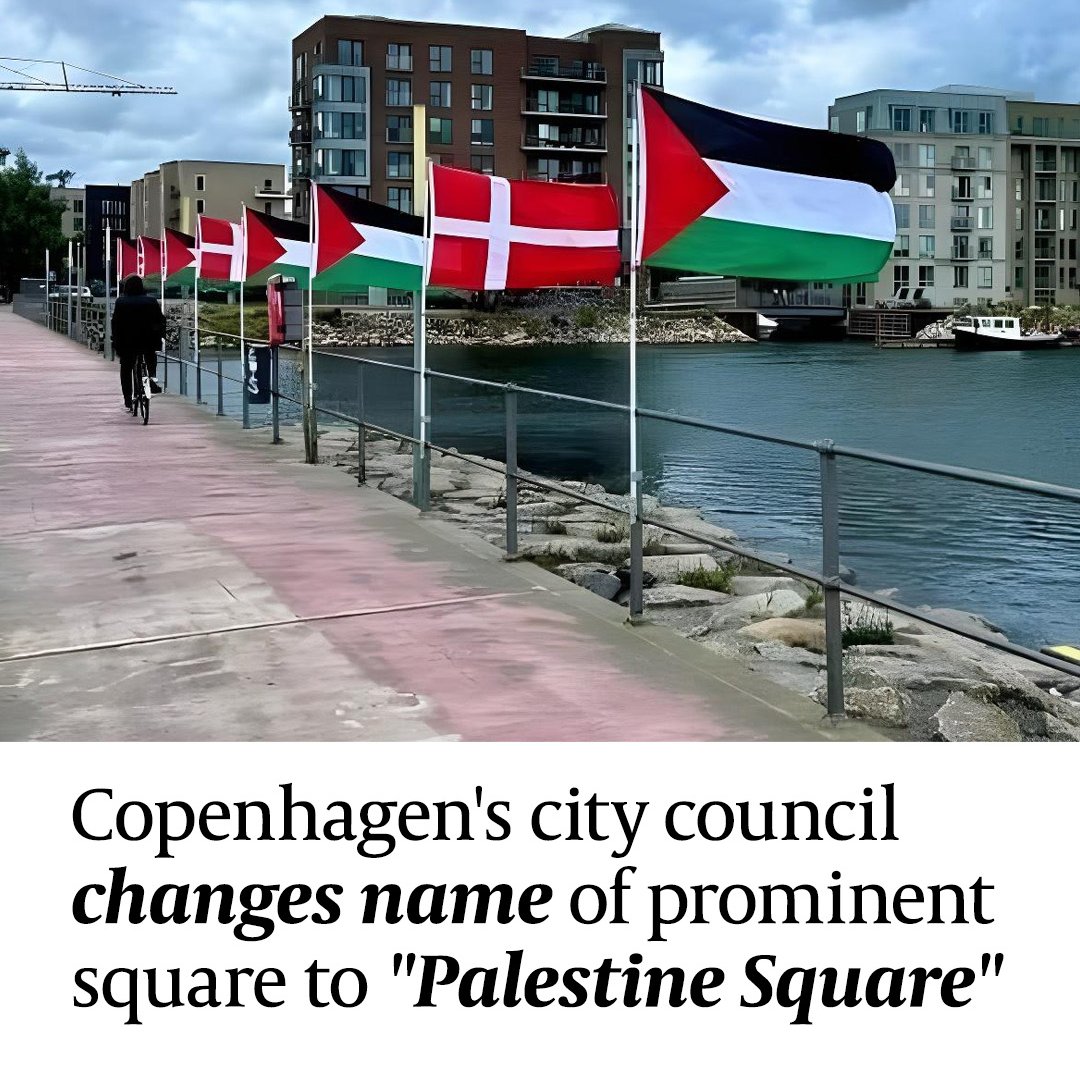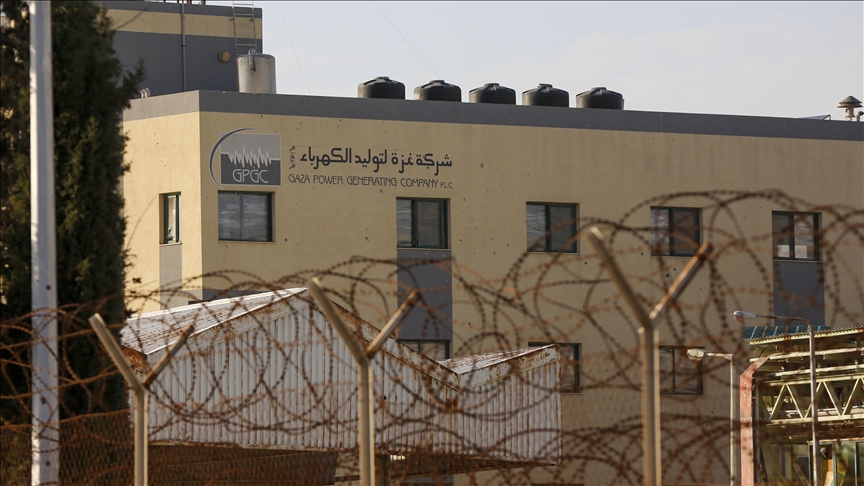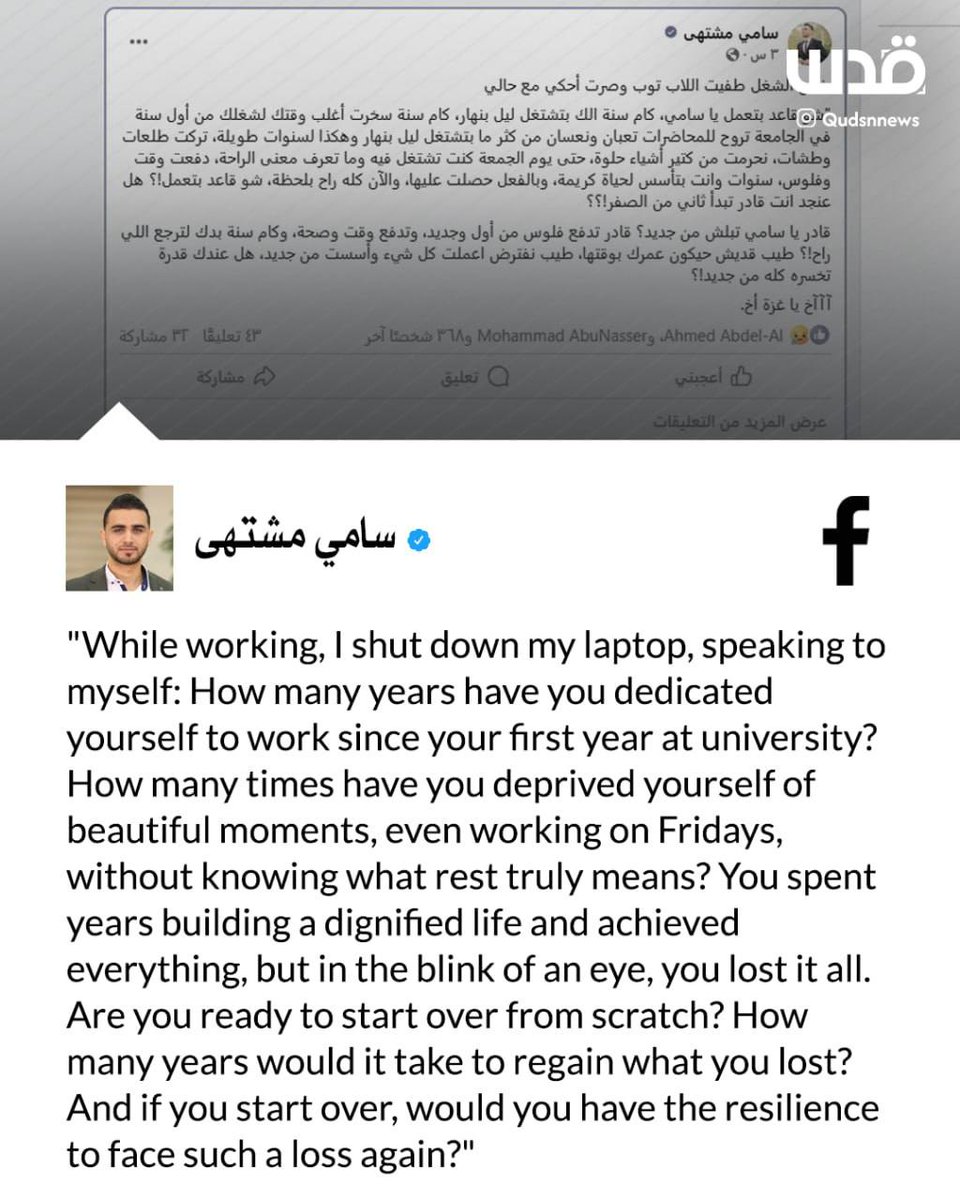Shut!
The head of the Bakery Owners Association in Gaza says all bakeries operating with cooking gas in Khan Younis have stopped working after 10 days of Israel’s closure of the border crossings with the enclave.
The head of the Bakery Owners Association in Gaza says all bakeries operating with cooking gas in Khan Younis have stopped working after 10 days of Israel’s closure of the border crossings with the enclave.
Local authorities in Gaza confirmed Monday a power cut in the Palestinian enclave by Israel.
“The Israeli occupation’s cutoff of electricity threatens a health and environmental disaster in Gaza,” Mohammad Thabet, a spokesman of the Gaza Electricity Distribution Company, told the local Al-Aqsa radio.
He said Tel Aviv had supplied electricity to Gaza through 10 power lines before the outbreak of Israel’s genocidal war according to Anadolu.
“Almost 70% of the electricity distribution networks and 90% of warehouses and stores in Gaza were completely destroyed” by the Israeli war, Thabet said.
The spokesman said that 80% of the distribution company’s vehicles were also destroyed in Israeli attacks since October 2023.
Israel cut off the electricity supply to Gaza on Sunday, in the latest move to tighten a stifling blockade on the enclave despite a ceasefire and prisoner exchange agreement.
UN Special Rapporteur Francesca Albanese said that the Israeli move amounts to a “genocide alert,” arguing that without electricity, there is no clean water.
She added that failing to impose sanctions or an arms embargo on Israel amounts to “aiding and assisting Israel in the commission of one of the most preventable genocides of our history.”
Last week, Israel stopped humanitarian aid from entering Gaza, prompting warnings from local and human rights groups of a return to widespread hunger for the Palestinian population.
The first phase of the ceasefire deal, which lasted 42 days, ended in early March without Israel agreeing to move to the second phase or halt the war.
Israeli Prime Minister Benjamin Netanyahu seeks to extend the first phase of the prisoner exchange to secure the release of more Israeli captives without fulfilling military or humanitarian obligations outlined in the agreement, appeasing hardliners in his government.
Palestinian group Hamas, however, rejects this approach and insists that Israel abide by the ceasefire terms, urging mediators to push for immediate negotiations on the second phase, which includes a full Israeli withdrawal and an end to the war.
The ceasefire deal has been in place since January, pausing Israel’s genocidal war on Gaza, which has killed more than 48,450 people, mostly women and children, and left the enclave in ruins.
Last November, the International Criminal Court issued arrest warrants for Netanyahu and his former Defense Minister Yoav Gallant for war crimes and crimes against humanity in Gaza.
Israel also faces a genocide case at the International Court of Justice for its war on the enclave.
Palestinian broadcaster Sami Mushtaha from Gaza reflects on the devastating loss he endured during the recent Israeli genocide in the war-damaged region.




